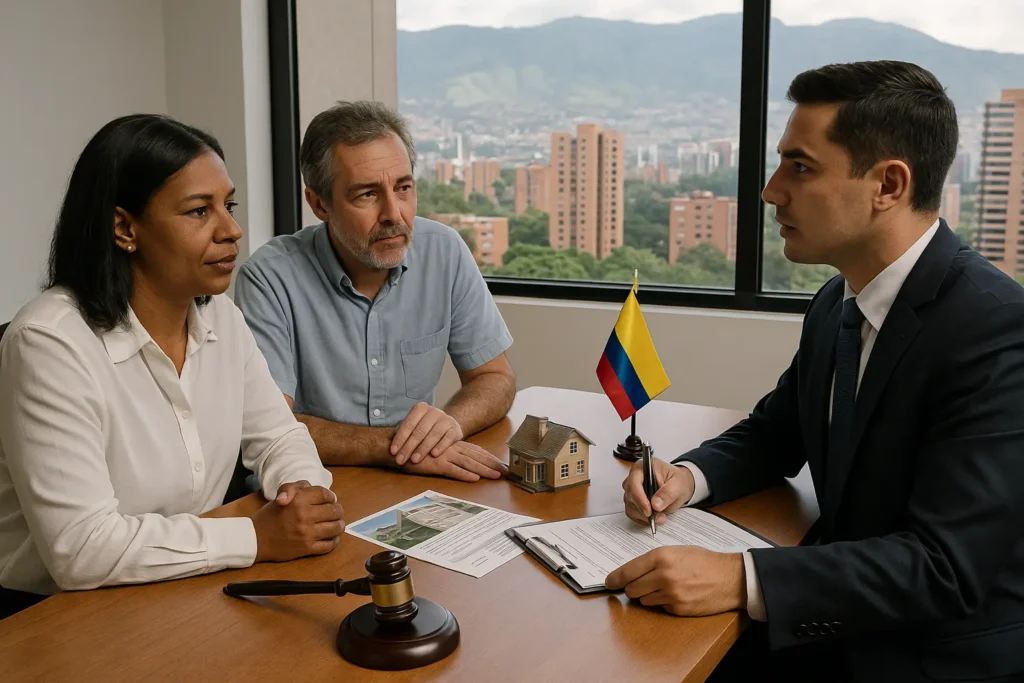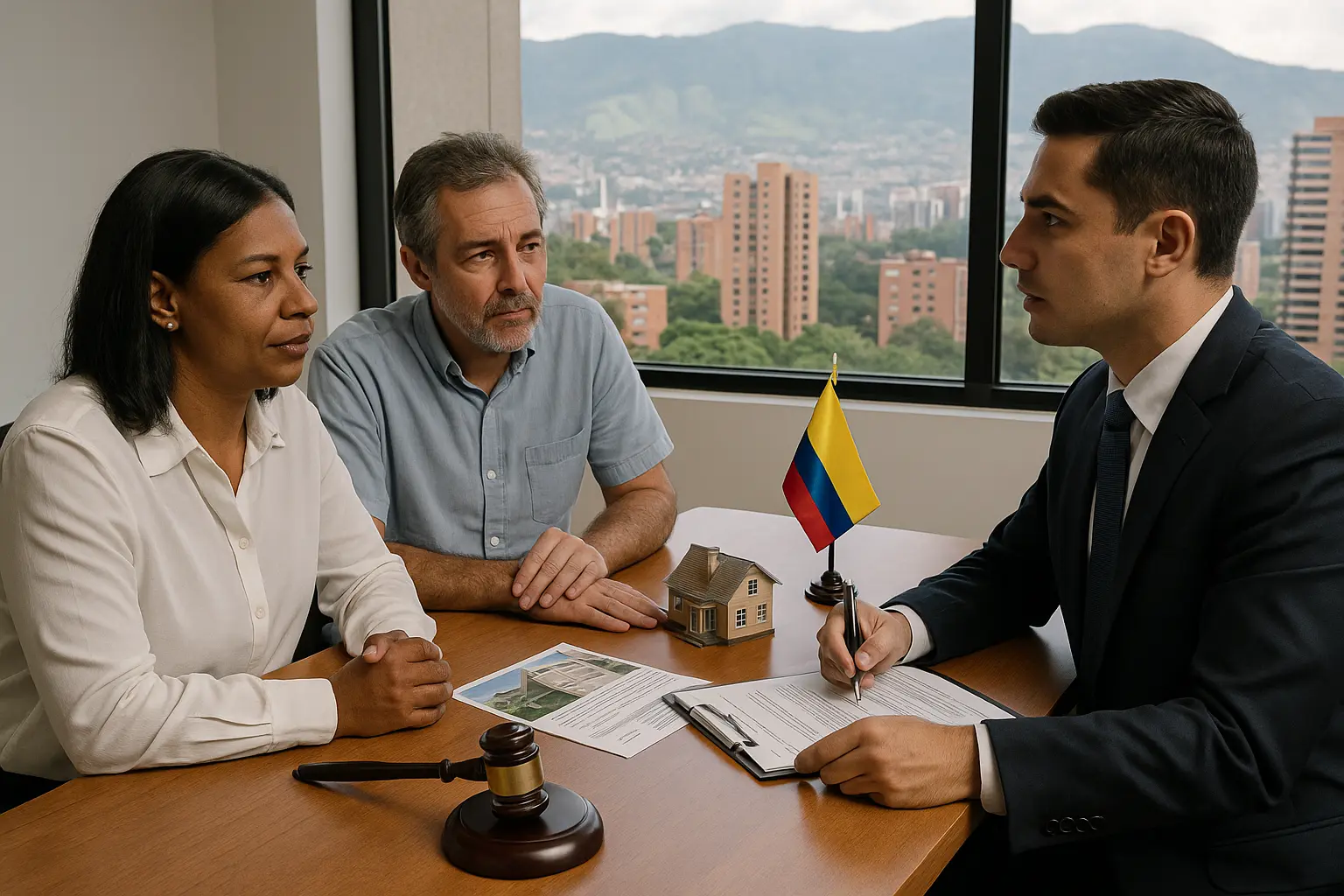Colombia is a country full of culture, biodiversity, and opportunities. However, before landing, it’s essential to know what not to bring to Colombia. Customs has strict rules to protect public health, national security, and the local economy. Ignoring them can result in fines, confiscations, or even legal problems.
In this article, you’ll learn which items are prohibited or restricted, how to prepare your luggage, and the steps you can take to make your entry into Colombia smooth and hassle-free.
Why Understanding Customs Rules Matters
Knowing in advance what not to bring to Colombia allows you to:
- Avoid fines and penalties that could affect your trip.
- Pass through customs faster, without long inspections.
- Protect your belongings from confiscation.
- Travel with peace of mind, confident you’re following local law.
Prohibited Items: What Not to Bring to Colombia
The following items are completely banned from entering the country:
- Illegal drugs and narcotics: penalties are severe, even for small amounts.
- Firearms, ammunition, and explosives: only allowed with very specific permits.
- Protected species and related products: exotic skins, ivory, plants, or animals under international protection.
- Pornographic materials: including magazines, videos, or digital content.
- Counterfeit goods: fake clothing, accessories, or technology.
Restricted Items: Allowed with Conditions
Some items can be brought in, but only under certain limits or with proper documentation:
- Medicines: permitted in personal-use quantities; controlled drugs require a prescription.
- Alcohol and tobacco: up to 2 liters of alcohol and 200 cigarettes (or 50 cigars) per traveler.
- Currency: up to USD 10,000 without declaration; larger amounts must be reported.
- Electronics: up to 3 cell phones and a maximum of 10 units of the same type of item.
- Food and agricultural products: many require sanitary permits; some are banned due to biosecurity risks.
Step-by-Step: How to Prepare for Customs
- Research beforehand using DIAN and ICA guidelines for travelers.
- Prepare your documents: receipts, medical prescriptions, and permits.
- Declare honestly: when in doubt, it’s better to declare.
- Organize your luggage so it’s clear that items are for personal use only.
- Check requirements for pets if traveling with animals, including health certificates and ICA inspection.
Benefits of Being Prepared
By following the rules of what not to bring to Colombia, you gain:
- Faster entry through customs.
- Financial savings, avoiding unexpected taxes or penalties.
- Legal security, always traveling within Colombian law.
- Confidence during inspections.
Common Mistakes to Avoid
- Carrying more than USD 10,000 without declaring it.
- Exceeding the limit of electronics such as cell phones.
- Ignoring sanitary restrictions on food, plants, or animal products.
- Failing to declare business samples or high-value items.
Planning a trip to Colombia? Make sure you’re prepared, read our guide: “Do You Need a Visa to Visit Colombia? Find Out Here” for all the details you need.
Why Choose Colombia Law Connection
At Colombia Law Connection, we help travelers and expats clearly understand what not to bring to Colombia, offering:
- Guidance on customs allowances and duty-free limits.
- Document review to ensure compliance.
- Legal advice for traveling with pets, medicines, or professional equipment.
- Support in English for international travelers.
With our assistance, you can pass customs securely and without stress.
Travel Smart, Enter Confidently
Knowing what not to bring to Colombia is the key to a safe and stress-free trip. Avoid prohibited items, respect duty-free limits, and always declare when necessary. By doing so, you’ll enter Colombia smoothly and focus on enjoying your stay.
Ready to travel to Colombia without complications? At Colombia Law Connection, we’ll help you prepare your luggage legally, meet all requirements, and pass customs with confidence. Contact us today!









